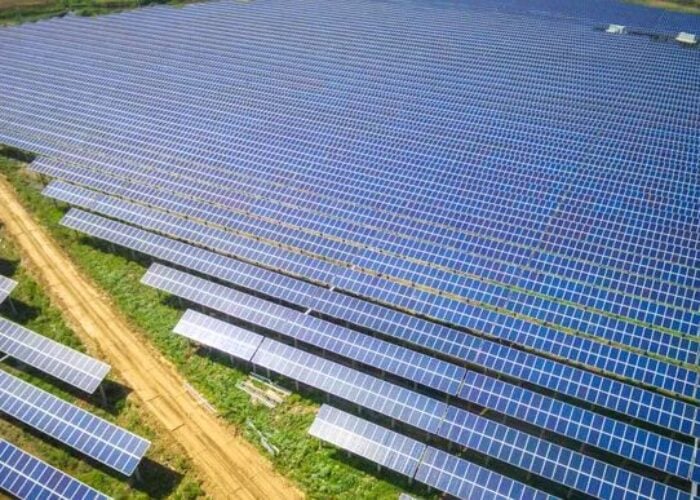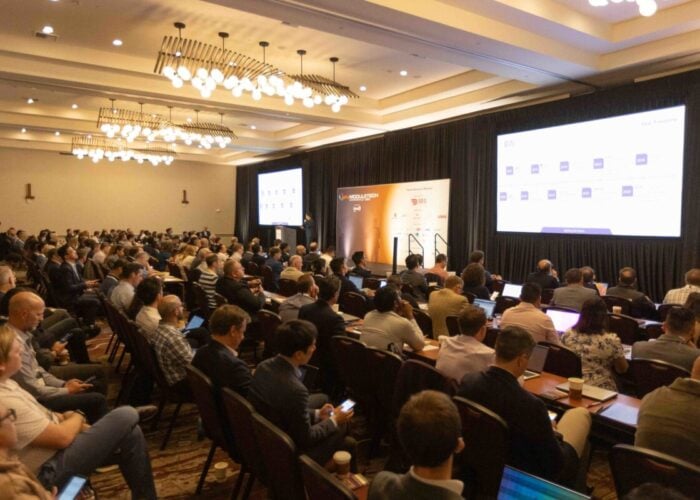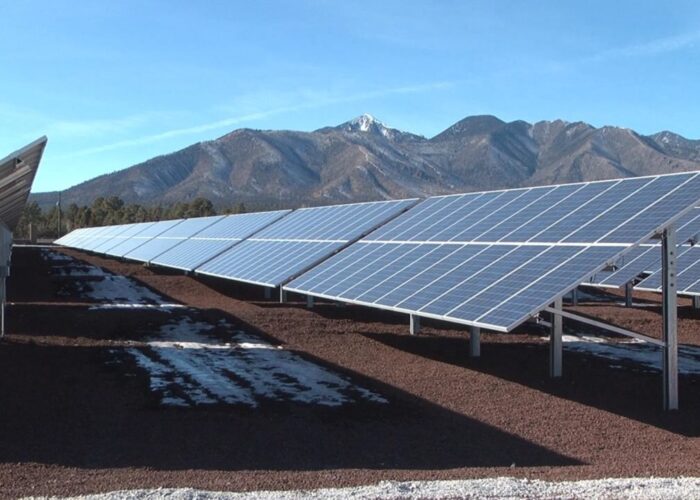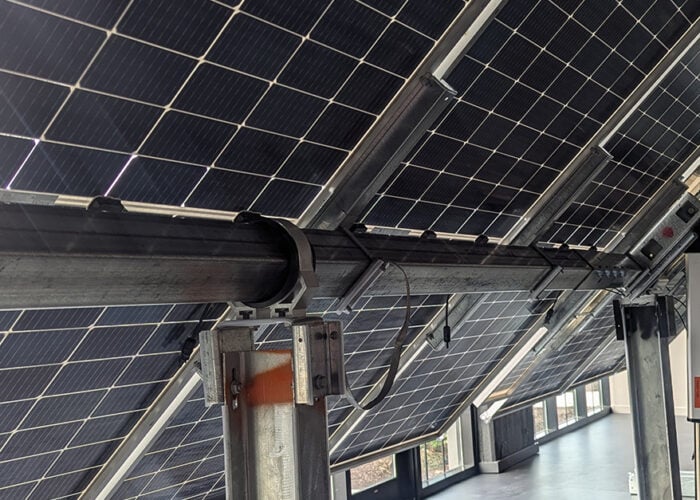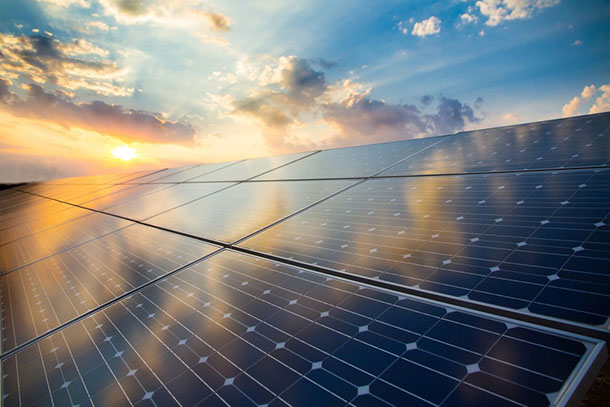
Global reliance on auctions is thwarting the growth of renewables and failing to provide fair access to the market for small-scale industry players, new research suggests.
A wider policy mix, therefore, is “urgently required” to allow for an expansion of renewables, according to the study commissioned by think tanks Energy Watch Group, World Future Council, Global Renewables Congress and Haleakala Stiftung.
Unlock unlimited access for 12 whole months of distinctive global analysis
Photovoltaics International is now included.
- Regular insight and analysis of the industry’s biggest developments
- In-depth interviews with the industry’s leading figures
- Unlimited digital access to the PV Tech Power journal catalogue
- Unlimited digital access to the Photovoltaics International journal catalogue
- Access to more than 1,000 technical papers
- Discounts on Solar Media’s portfolio of events, in-person and virtual
The report, which is based on an analysis of more than 20 markets, says auctions have a “poor track record” in achieving countries’ deployment targets, in part due to them being undersubscribed as well as project delays or cancellations.
Meanwhile, economies of scale favouring large projects, the need to bear the sunk costs of unsuccessfully bid projects and the costs of capital are said to create competitive advantages for larger actors, to the detriment of new players looking to break into the market.
“The findings of the report clearly show that auctions are a crucial factor hindering the exponential growth of renewables,” said Energy Watch Group president Hans-Josef Fell. “This alarming trend jeopardises international governments’ compliance with the climate targets agreed in Paris.”
Among the countries that have carried out renewables auctions in 2020 are Germany, France, India, Poland and Portugal, with the latter receiving a record tariff of US$0.0131/kWh. Next year will see Spain, Chile, Colombia and the UK, among others, carry out auctions to help drive clean energy project development.
The study says that sufficient time has passed since auctions were first introduced in a large number of countries, meaning conclusions can now be drawn from their results.
While acknowledging that they have become an “important ingredient in the renewable energy policy toolkit”, the report says auctions often exclude small and medium-sized projects, which, if constructed, can provide a boost for local employment and regional development. It adds that experience from around the world shows that auctions “have been broadly unsuccessful” at encouraging a range of project sizes simultaneously.
Anna Leidreiter, project lead global renewables congress at World Future Council, said a political framework that opens up the energy market for new players is needed. “This study shows that auctions alone cannot serve this purpose.”
Depending on the market segment, the report authors call for feed-in tariffs or feed-in premiums for small and medium-sized projects, the use of self-consumption policies for very small-scale projects and for the continued use of auctions for large-scale projects.



